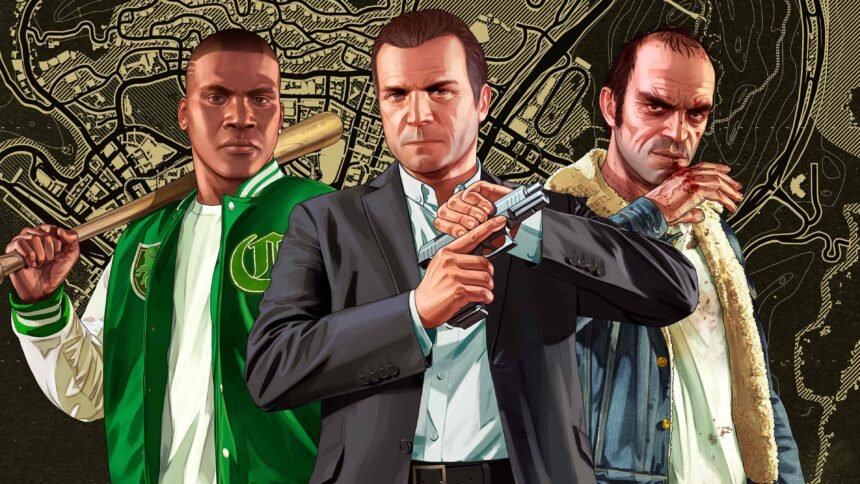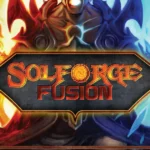At CNBC’s Technology Executive Council Summit in New York City, Strauss Zelnick, the CEO of Take-Two Interactive, made his stance clear on the growing influence of artificial intelligence in creative industries: AI may enhance production, but it cannot replace human imagination.
Zelnick, who oversees hit franchises such as Grand Theft Auto, NBA 2K, Red Dead Redemption, and Borderlands, emphasized that AI lacks the fundamental quality needed to create original entertainment creativity.
“There is no creativity that can exist by definition in any AI model, because it is data-driven,” Zelnick said.
The Take-Two chief acknowledged that AI can improve workflows and automate repetitive processes. Still, he dismissed the notion that a program could ever build a new Grand Theft Auto or write its marketing strategy.
“Even if there were no constraints, could we push a button tomorrow and create an equivalent to the Grand Theft Auto marketing plan? The answer is no. You can’t do that yet, and I don’t think you would end up with anything very good. You would end up with something derivative,” he said.
According to Zelnick, the main limitation of AI lies in its dependency on existing data. Because AI models rely on information from the past, they can only generate what he described as “backward-looking” results. While that might make AI useful for tasks like problem-solving or data analysis, it falls short when it comes to building the emotional, unpredictable worlds that define modern gaming.
He further explained that creativity at Take-Two involves innovation, risk-taking, and human insight — qualities that machines cannot emulate. “What we do at Take-Two,” he said, “anything that isn’t attached to backward-looking computation, AI is going to be really bad at.”
Beyond creativity, Zelnick also pointed out the legal and ethical challenges of using AI-generated content. He warned that any intellectual property produced by AI might not be legally protectable and that companies must respect both copyright laws and personal likeness rights. “We have to protect our intellectual property,” he said. “But more than that, we have to be mindful of others. If you create intellectual property with AI, it’s not protectable.”
Zelnick’s comments come at a time when AI technology, including OpenAI’s video creation tool Sora, has raised new concerns about deepfakes and the unauthorized use of actors’ and creators’ likenesses. This debate has intensified across industries from film to music and gaming.
Meanwhile, Take-Two continues to hold a dominant position in the global gaming market. It remains one of the few major independent publishers following Microsoft‘s $69 billion acquisition of Activision Blizzard in 2023 and the recent $55 billion deal that will see Electronic Arts acquired by Saudi Arabia’s Public Investment Fund, Silver Lake, and Affinity Partners.
Zelnick reaffirmed that Take-Two’s focus remains on longevity and creativity. The company currently manages 11 franchises that have each sold more than five million copies, alongside over 20 successful mobile titles.
Its flagship series, Grand Theft Auto, continues to break records, with GTA V generating over $1 billion in sales within its first three days back in 2013. The next installment, Grand Theft Auto VI, is set to launch in May 2026, and expectations are sky-high.
“The team’s creativity is extraordinary,” Zelnick said. “What Rockstar Games tries to do — and has done over and over again — is create something that approaches perfection.”
While AI continues to evolve, Zelnick’s message is clear: innovation in gaming will remain human-driven.












